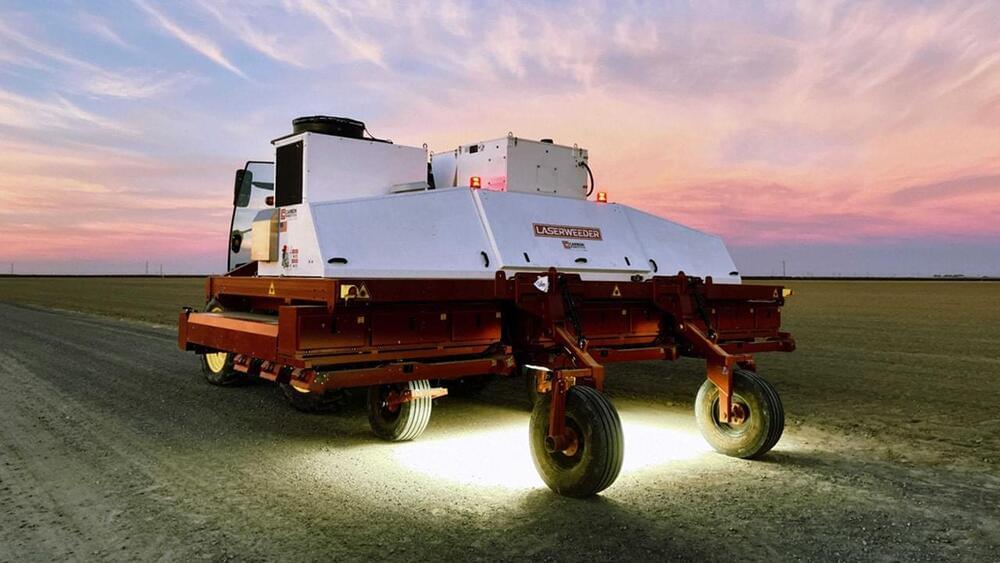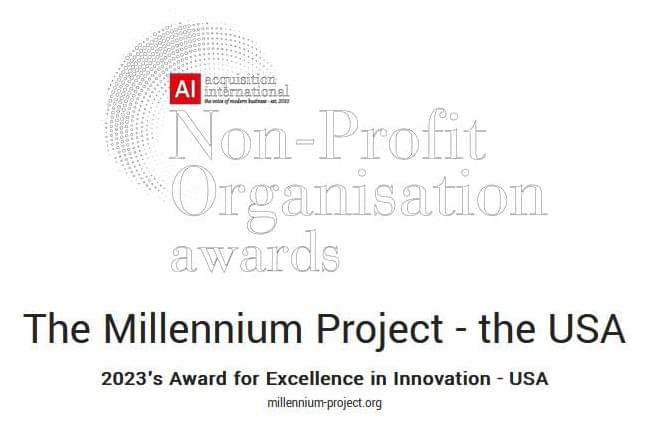A new Microsoft internal presentation reveals the company’s long-term goal for Windows.
Microsoft has been increasingly moving Windows to the cloud on the commercial side with Windows 365, but the software giant also wants to do the same for consumers. In an internal “state of the business” Microsoft presentation from June 2022, Microsoft discuses building on “Windows 365 to enable a full Windows operating system streamed from the cloud to any device.”
The presentation has been revealed as part of the ongoing FTC v. Microsoft hearing, as it includes Microsoft’s overall gaming strategy and how that relates to other parts of the company’s businesses. Moving “Windows 11 increasingly to the cloud”… More.
You might boot laptops straight into a cloud OS in the future.








